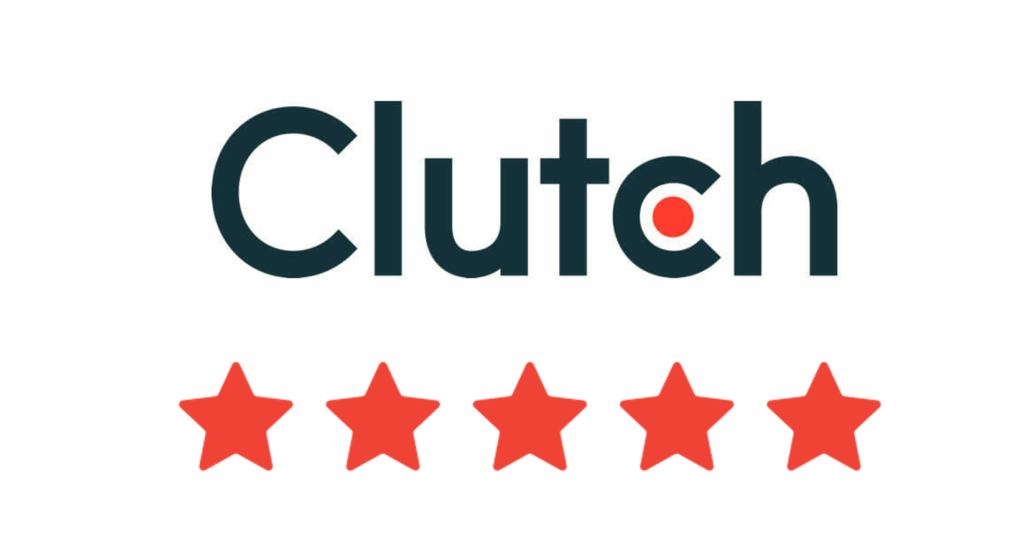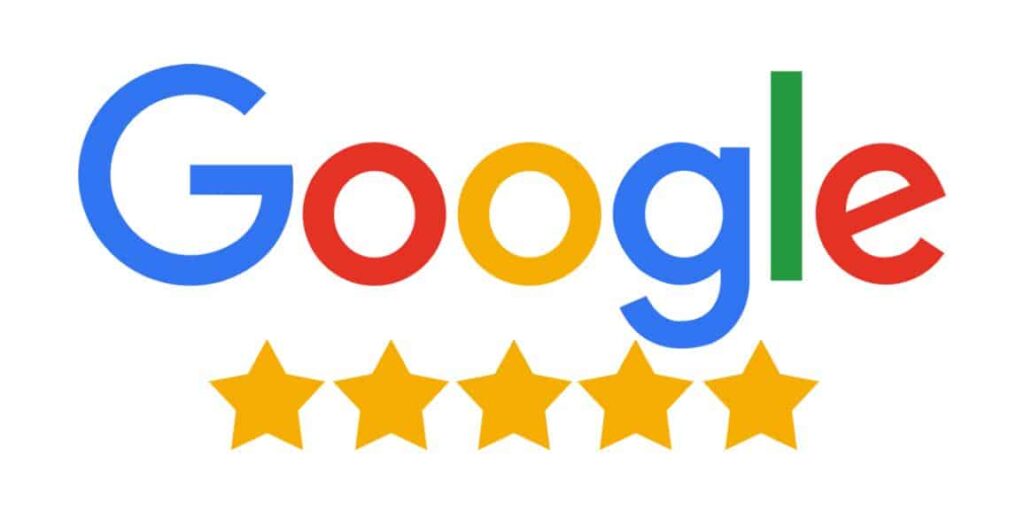In the rapidly evolving landscape of the hospitality industry, providing an exceptional guest experience is no longer a choice but a necessity. Technological advancements have played a pivotal role in reshaping the way hotels operate and engage with their guests. One of the key tools driving this transformation is hotel management software.
This comprehensive guide aims to delve into the significance of hotel management software, outline key features to consider, and provide a step-by-step roadmap for choosing and implementing the right solution to revolutionise the guest experience.
The Significance of Hotel Management Software
A. Streamlining Operations
Efficiency in hotel operations is the bedrock of a positive guest experience. Hotel management software automates various tasks such as reservations, check-ins, and check-outs, allowing staff to focus on delivering personalised services. This streamlining of operations leads to improved efficiency, reduced errors, and ultimately, higher guest satisfaction.
B. Enhanced Guest Services
Modern guests expect a seamless and personalized experience during their stay. Hotel management software facilitates the integration of guest profiles, preferences, and feedback, enabling hotels to offer tailored services. From automated room customizations to personalized recommendations, this software enhances the overall guest experience.
C. Real-time Analytics and Reporting
Understanding guest behaviour and preferences is crucial for making informed business decisions. Hotel management software provides real-time analytics and reporting, allowing hoteliers to track occupancy rates, revenue, and other key metrics. This data-driven approach empowers hotels to do competitor analysis, optimise pricing, marketing strategies, and operational processes.
Key Features to Consider
A. Centralised Reservation System
An effective hotel management software should include a centralised reservation system that enables seamless booking across various channels. This feature not only simplifies the reservation process for guests but also helps hotels manage room inventory more efficiently.
B. Integrated Channel Management
To maximise online visibility and reach a wider audience, hotels need to integrate their management software with various online booking platforms through a hotel channel manager. This ensures that room availability and pricing are consistent across all channels, reducing the risk of overbooking and pricing discrepancies.
C. Mobile Accessibility
In the era of smartphones, guests expect the convenience of mobile services. A hotel management software with mobile accessibility allows guests to check-in, check-out, and access other services through their smartphones, enhancing the overall guest experience.
D. Guest Relationship Management (GRM)
Guest loyalty is a valuable asset for any hotel. GRM features in hotel management software help in building and maintaining strong relationships with guests by capturing and analysing guest data, preferences, and feedback. This information can be used to provide personalised services and targeted marketing campaigns.
E. Security and Compliance
The security of guest data is a top priority in the hospitality industry. The chosen hotel management software should comply with industry regulations and include robust security measures to protect sensitive information such as credit card details and personal preferences.
Choosing the Right Hotel Management Software
A. Assessing Hotel Needs
Before selecting a hotel management software, it’s crucial to assess the specific needs and requirements of the hotel. Factors such as the size of the property, the number of rooms, and the desired level of automation should be taken into consideration.
B. Researching Options
There are numerous hotel management software solutions available in the market, each with its own set of features and capabilities. Conducting thorough research, reading reviews, and seeking recommendations from industry peers are essential steps in the decision-making process.
C. Demo and Trial Periods
Most reputable hotel management software providers offer demo versions or trial periods. Taking advantage of these opportunities allows hoteliers to test the software’s functionality, user interface, and compatibility with existing systems before making a final decision.
Implementing Hotel Management Software
A. Planning and Training
Effective implementation begins with thorough planning. Hotels should create a detailed implementation plan that includes timelines, staff training schedules, and contingency measures. Comprehensive training ensures that staff members are proficient in using the new software.
B. Data Migration
Smooth data migration is a critical aspect of the implementation process. The chosen hotel management software should facilitate the seamless transfer of existing data, including guest profiles, reservations, and historical information.
C. Testing and Feedback
Before fully deploying the software, hotels should conduct thorough testing to identify and address any potential issues. Seeking feedback from staff members and guests during this phase can help in making necessary adjustments, ensuring a successful rollout and enhancing employee engagement.
Overcoming Challenges in Implementation
Implementing hotel management software is not without its challenges. It’s essential to anticipate potential hurdles and have a strategy in place to overcome them.
A. Staff Resistance
Resistance to change is a common challenge during the implementation of new technology. Hoteliers should address this by fostering a culture of adaptability, providing comprehensive training, and emphasising the benefits of the new software to both staff and management.
B. Integration with Existing Systems
Many hotels already use various systems for accounting, customer relationship management, and other functions. Ensuring seamless integration with existing systems is crucial to avoiding disruptions in operations. Choose a hotel management software that offers compatibility with other commonly used platforms.
C. Customization and Scalability
Every hotel has unique needs, and those needs may evolve over time. The selected software should be customizable to accommodate specific requirements and scalable to grow with the business. This ensures that the software remains an asset rather than a hindrance as the hotel expands or introduces new services.
Maximising ROI through Hotel Management Software
To truly revolutionise the guest experience, hotels must maximise the return on investment (ROI) from their chosen management software. This involves ongoing optimization, monitoring, and leveraging additional features.
A. Continuous Training and Support
Providing continuous training and support for staff ensures that they are using the software to its full potential. Stay updated on software updates and new features, and encourage staff to explore and utilise these enhancements.
B. Monitoring Key Performance Indicators (KPIs)
Establish key performance indicators related to guest satisfaction, operational efficiency, and revenue management. Regularly monitor these KPIs to identify areas for improvement and capitalise on successful strategies.
C. Guest Feedback Integration
Integrate guest feedback mechanisms within the software to capture real-time insights into the guest experience. This valuable information can be used to make data-driven decisions and further enhance services based on actual guest preferences.
Future Trends in Hotel Management Software
The world of technology is ever-evolving, and staying ahead of the curve is crucial for hotels aiming to provide a cutting-edge guest experience.
A. Artificial Intelligence (AI) and Machine Learning
The integration of AI and machine learning into hotel management software can provide predictive analytics, personalised recommendations, and automation of routine tasks, further enhancing the guest experience and operational efficiency.
B. Contactless Technology
The recent global events have accelerated the adoption of contactless technology in the hospitality industry. Look for software that supports contactless check-in/check-out, mobile key access, and other features that promote a safe and convenient experience for guests.
C. Sustainable Practices
As sustainability becomes a more significant consideration for travellers, look for management software that supports environmentally friendly practices. This may include features that help reduce energy consumption, streamline waste management, and promote eco-friendly initiatives.
Conclusion
In the dynamic world of hospitality, embracing technology is not just a choice; it’s a strategic imperative. Hotel management software has emerged as a key enabler in revolutionising the guest experience, providing a seamless blend of operational efficiency, personalised services, and data-driven decision-making.
By carefully selecting a software solution tailored to the unique needs of the hotel, implementing it with precision, and continuously optimising its usage, hoteliers can position their establishments for sustained success. The journey towards revolutionising the guest experience through hotel management software is an ongoing one, marked by adaptability, innovation, and a relentless commitment to delivering exceptional hospitality in the digital age.
Hotels can leverage technology to create memorable experiences for their guests and establish a foundation for long-term success. As the hospitality landscape continues to evolve, embracing the power of hotel management software is not just a trend; it’s a fundamental step toward staying ahead in the competitive world of hospitality.




